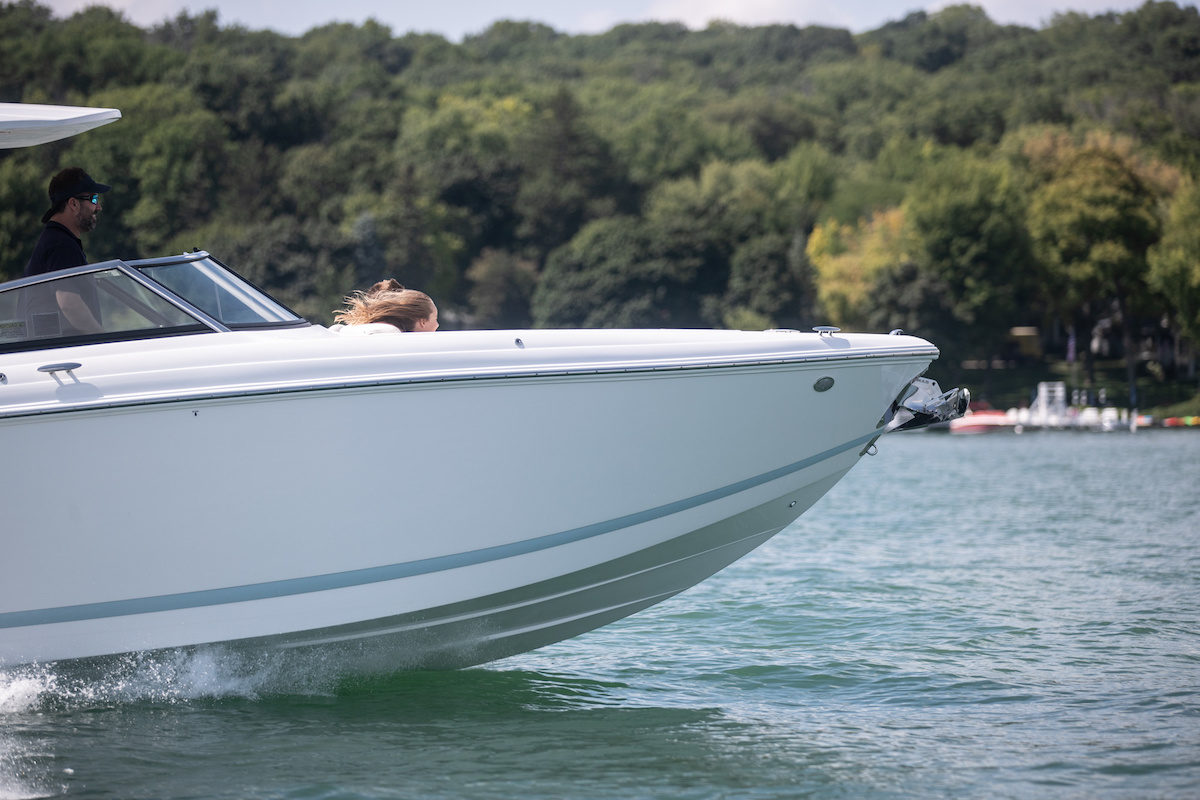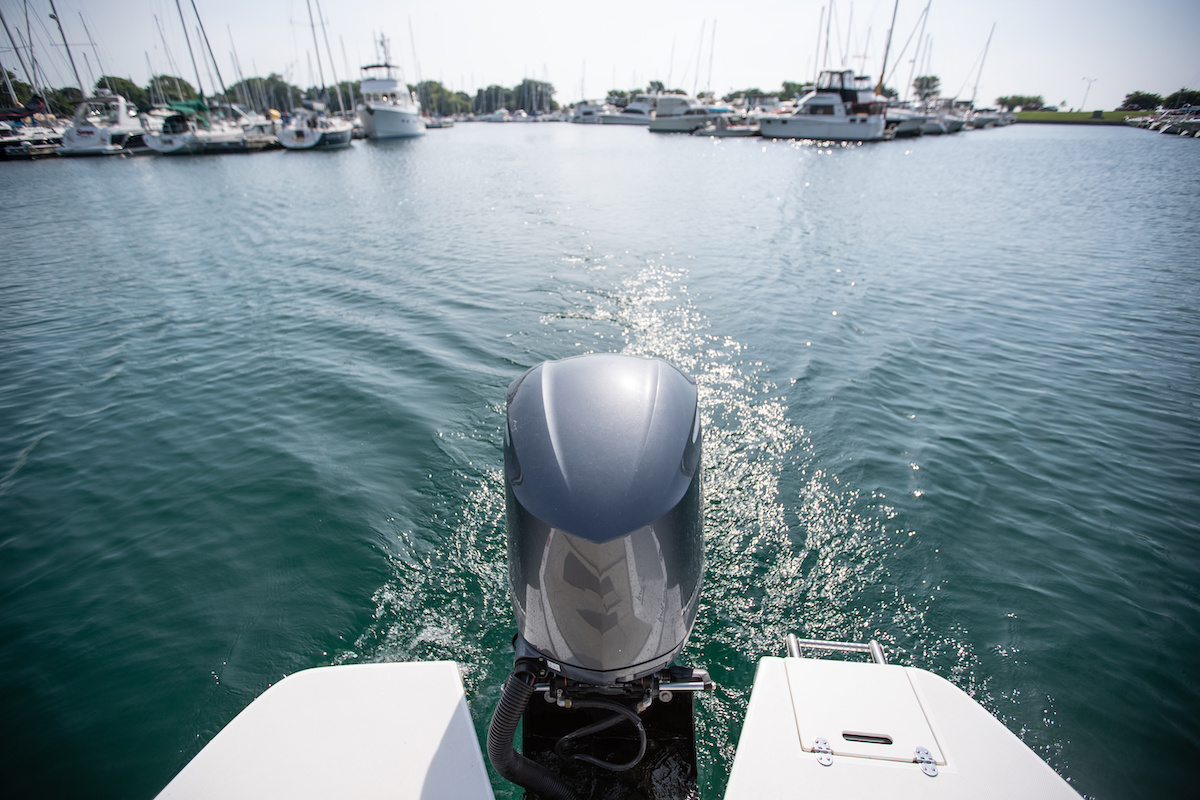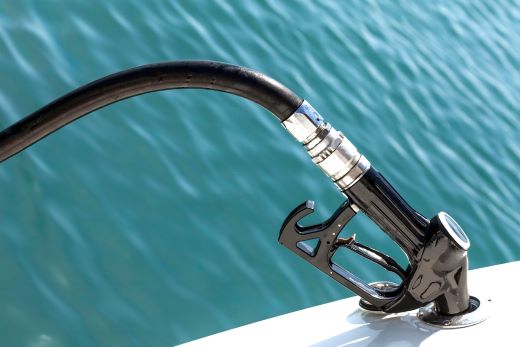Even the sturdiest boats require attention and routine maintenance to preserve their value and ensure optimal performance. The hull, in particular, is a crucial component of the vessel that's often susceptible to damage.
Protecting the hull is paramount, as it directly impacts the overall integrity of the boat. A compromised hull weakens the entire structure and increases its vulnerability to failure.
Boat hull damage impacts a vessel in a multitude of ways:
- Decrease in performance
- Increases fuel usage due to drag
- Decrease of boat stability, increasing the risk of capsizing
- Weakening over time, increasing its vulnerability to further damage
- Water entering the boat through deck damage, potentially causing it to sink
Let's talk about how to protect your boat's hull and fix any damage that occurs.
Boat Hulls and Their Importance
Just like boats, boat hulls come in various shapes and sizes. Hulls have two primary purposes: displacement and planing. Displacement hulls go through the water, and planing hulls go on top.
It is necessary to support the boat deck structure and propulsion system while ensuring buoyancy. Additionally, the boat hull keeps everyone safe and dry at sea.
How to Protect Boat Hull Damage
Protecting your hull is a necessary component of boat safety and maintenance. Here are some general guidelines to avoid boat hull damage:
1. Be Aware of Your Surroundings
While boating, remain attentive to the environment around you. Keep an eye on water depth, watch out for rocks and obstacles, and be mindful of the direction of the current. Additionally, don't boat in shallow water or areas with debris. Essentially, try to prevent your hull from making contact with anything that's not water.
2. Be Mindful When Docking and Launching
Don't let the hull touch the dock or trailer. Additionally, use fenders to protect the boat's hull from chafing.
3. Make Sure to Trim Your Boat Correctly
Properly trimming your boat improves its ride and reduces the risk of hull damage. Check out our article on everything you need about boat trimming.
4. Slow Down When You Encounter Rough Seas
When the seas are rough, you should slow down to minimize the risk of damage. Hitting waves at high speed can damage the hull of your boat.
5. Check Your Hull Often for Any Damage
Stay vigilant! Regularly check your vessel for cracks, dents, or blisters. Fix any damage quickly to prevent further deterioration.
6. How to Repair Boat Hull Damage
Determining the hull's material is the first step to repairing boat hull damage. The main boat hull types are fiberglass, wood, and metal.
No matter the material, you must clean it thoroughly before making repairs. Note that routinely cleaning your boat makes future maintenance more manageable.
How you repair boat hull damage depends on the type of material:
Fiberglass Hulls
Fiberglass is a popular choice for boat hulls thanks to its durability, lightweight nature, and affordability. If a fiberglass hull is damaged, use plywood as a temporary patch for holes while the resin cures. This will keep water out of the hull.
Next, use a custom-cut fiberglass fabric to cover the gap. Then, apply the resin mixture over the fiberglass fabric utilizing a putty knife or spreader to fill any cracks. After 24 hours, sand the extra resin and remove the plywood patches.
Wood Hulls
Unfortunately, wood is a bit more complicated to repair. Before you begin repairs, you'll want the wood to be dry. As a result, you will spot any dry rot before you start.
To initially fix a wooden hull, use marine wood filler — like calks and sealants — to fill the damaged area. Then, smooth the wood filler by sanding it. Lastly, apply primer and paint to finish the repair.
Metal Hulls
Metal hulls often consist of steel or aluminum. Overlay patches are a standard and quick repair method for steel hulls. Essentially, they involve sawing off a section of steel as large as the damaged region and welding it into place.
You can also use a hand anvil to fix dents in a metal boat hull. To do so, have someone hold the hand anvil against the hull's exterior while you hammer the dent back into shape from the inside.
Generally, it's a good idea to consult a marine mechanic to double-check or ask questions. After all, this is a significant investment!
Read Next: Boat Repair: Choosing a Marine Mechanic
Wrapping Up Your Boat Hull Damage Repair
Caring for your boat's hull is crucial for longevity. Hull damage leads to reduced stability and performance and an increased risk of sinking.
Always dock carefully, maintain proper trim, and inspect the hull regularly to avoid issues. And if you need help with how to do the repairs, talk to a qualified marine technician. Taking care of your boat's hull is essential for your safety and enjoyment!


